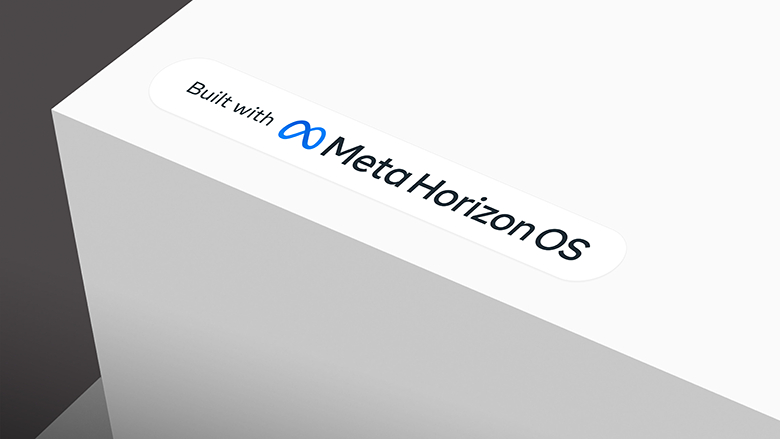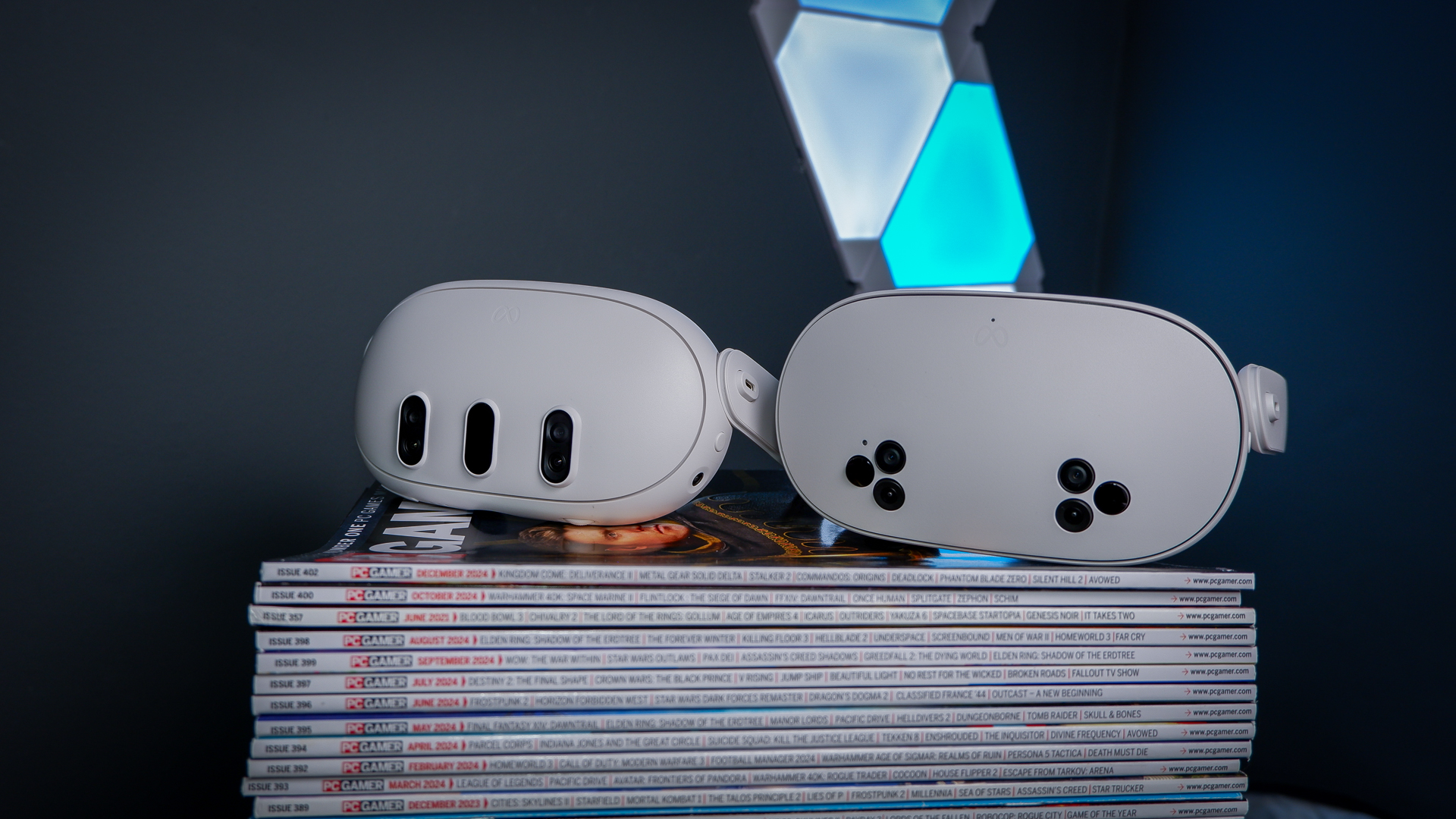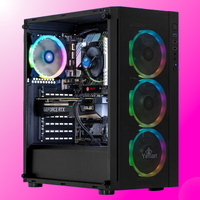The upcoming Asus VR project is rumoured to have eye and face tracking, yet the thing I'm most excited about is its OS
It may just be taking the best thing Meta has.

A recent leak suggests some impressive features are coming to Asus' upcoming VR headset, like eye tracking, face tracking, and possibly even an OLED display, yet perhaps the most intriguing news is that it may be among the first third party Meta Horizon OS launches.
As reported on X by @Lunayian (via PCGamesN), Asus' new project, codenamed Tarius "will likely be one of the first 3P Horizon OS HMDs to ship" which is to say that the headset could ship with Meta's Horizon OS built in.
It is also currently planned to have both eye and face tracking, which is not only good for controlling the UI, but helps the likes of the PS VR2 run dynamic foveated rendering. Foveated rendering essentially dynamically renders the things you look at to a higher degree to allow you to get more power out of your rig.
For a headset like this, the implementation of something like foveated rendering will likely be software-based but, even if it doesn't have it, this could allow for better tracking, controls, and face reading in social apps like VR chat. Alongside this, the headset is rumoured to either have QD-LCD displays with local dimming or µOLED, a form of OLED display.
Luna has a good track record as a leaker in the VR space, previously showing renders of Project Ventura before launch, later known as the Meta Quest 3S. After this, they successfully reported on the Meta Quest 3S 'Action' button, accurately speculating on its use as a passthrough toggle.

The collaboration between Asus and Meta was officially announced early last year, with Lenovo and Microsoft also confirmed to be working with Meta. Mark Zuckerberg's Instagram statement laments the 'closed model' of Apple's iPhone ecosystem and likens Meta opening its OS for partners to the PC's 'open model'.
This is exciting news for Asus' project as it means more than just taking the look of the OS and Meta's menu layout. It is the implementation of spatial computing, with how it handles data and virtual spaces. It also grants users access to Meta's storefront, which is one of the key areas where Bytedance's Pico 4 Ultra loses out.
The biggest gaming news, reviews and hardware deals
Keep up to date with the most important stories and the best deals, as picked by the PC Gamer team.
The tech rumoured to be in the headset so far, combined with Asus ROG's approach to computers implies that this will be a relatively high-end VR headset, and that could make it a formidable competitor in the market. The use of the OS suggests it is capable of working standalone, but the OS compatibility should grant it smoother access to PCVR and it also means any games you already own on Meta's platform should be playable at launch.
Meta's headsets are, undeniably, the best VR headsets right now, but a dominant force in the market and lack of competition can lead to a lack of innovation so new competitors working with Meta's OS could help level the playing field. Last year, a report suggested Meta would be taking a step back from hardware production, and opening its OS could help with that transition.
This way, Meta wins even if it loses.
Best gaming PC: The top pre-built machines.
Best gaming laptop: Great devices for mobile gaming.

James is a more recent PC gaming convert, often admiring graphics cards, cases, and motherboards from afar. It was not until 2019, after just finishing a degree in law and media, that they decided to throw out the last few years of education, build their PC, and start writing about gaming instead. In that time, he has covered the latest doodads, contraptions, and gismos, and loved every second of it. Hey, it’s better than writing case briefs.


